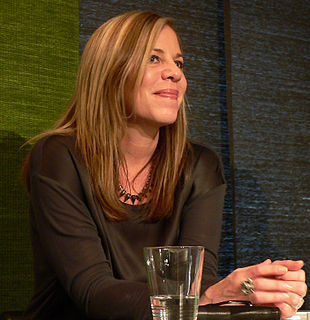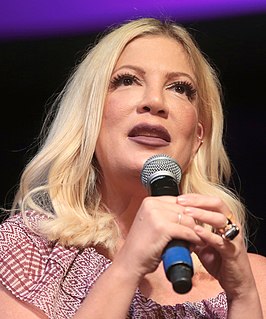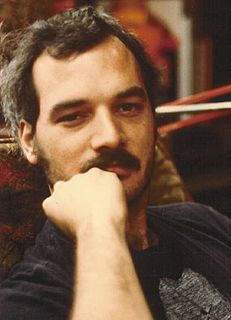A Quote by Alyson Noel
I thought it was real. But by morning, all I had left were fragmented pieces, shifting images with no beginning or end.
Related Quotes
The strange thing about the apocalypse is that it's uneven. For some people, it goes one way and for others another way, so that there's always this shifting relation to the narrative of the disaster. Sometimes apocalypses are just structural fictions, and sometimes they're real. Sometimes a narrative requires an end - the fact that the beginning was always leading somewhere becomes clear at the end. There's an idea that we're always in the middle, but we posit this apocalyptic end in order to also be able to project into the past or the beginning. I think that's true and false.
It is my mind, with its store of images, that gives the world color and sound; and that supremely real and rational certainty which I can "experience" is, in its most simple form, an exceedingly complicated structure of mental images. Thus there is, in a certain sense, nothing that is directly experienced except the mind itself. Everything is mediated through the mind, translated, filtered, allegorized, twisted, even falsified by it. We are . . . enveloped in a cloud of changing and endlessly shifting images.
The principle tragedy of my life is, like all tragedies, an irony of Destiny. I reject real life as if it were a condemnation; I reject dreams as if they were an ignoble liberation. [...]After the end of the stars uselessly whitened in the morning sky and the breeze became less cold in the barely orange tinged in the yellow of the light on the scattered low clouds, I, who hadn't slept, could finally, slowly raise my body, exhausted from nothing from the bed from which I had thought the universe.
She wondered: How could people respond to these images if images didn't secretly enjoy the same status as real things? Not that images were so powerful, but that the world was so weak. It could be read, certainly, in its weakness, as on days when the sun baked fallen apples in orchards and the valley smelled like cider, and cold nights when Jordan had driven Chadds Ford for dinner and the tires of her Chevrolet had crunched on the gravel driveway; but the world was fungible only as images. Nothing got inside the head without becoming pictures.
The house became full of love. Aureliano expressed it in poetry that had no beginning and no end. He would write it on the harsh pieces of parchment that Melquiades gave him, on the bathroom walls, on the skin of his arms, and in all of it Remedios would appear transfigured: Remedios in the soporific air of two in the afternoon, Remedios in the soft breath of the roses, Remedios in the water-clock secrets of the moths, Remedios in the steaming morning bread, Remedios everywhere and Remedios forever.
I started training wrestling in the pre-social media era and I was very cautious - I thought, 'I can't have people know my real last name.' So I changed my last name to End because I always called myself 'The End.' I thought that was cool. I thought I'd take my real first name and my 'fake' last name, and that's how I came up with Tommy End.
Donald Trump didn't have a polling operation until very late in his campaign. How did he know what to do? That the Ted Cruz people leaked their polls to Trump because they were looking forward to eliminating all the other rivals, clearing the way for a Cruz-Trump fight that they were certain Cruz would win. In the end, Cruz was the last man standing, it's true. If he had known at the beginning what he knew at the end, he might have thought twice. The Congressional Republican Party thought they could make Trump their tool to impose their very unpopular agenda. Instead, they became his tool.


































